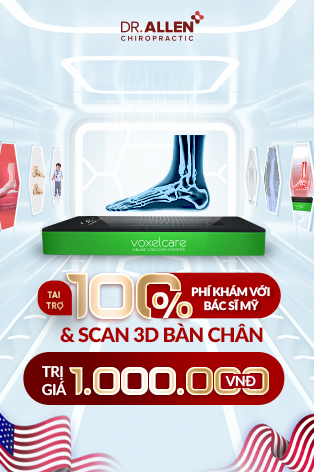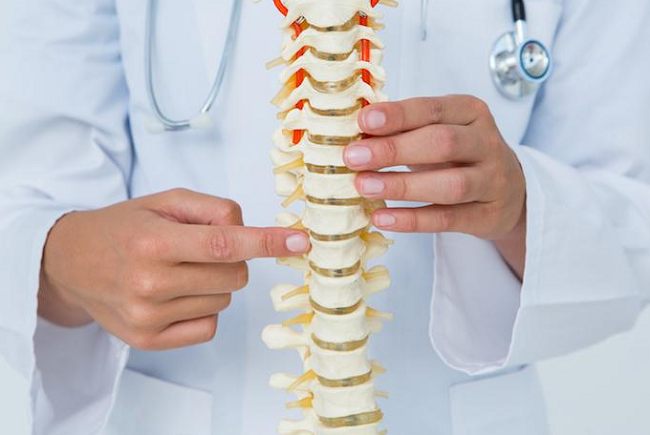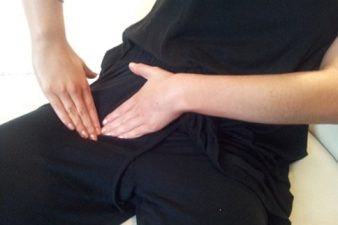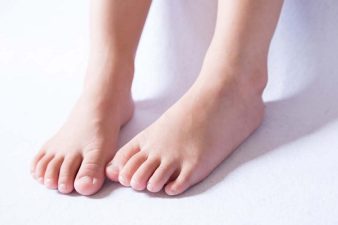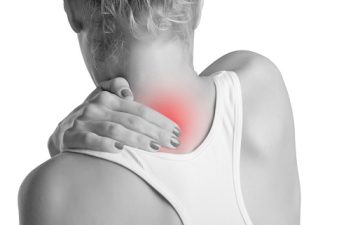A herniated disc, also known as a slipped or ruptured disc, can cause a variety of symptoms depending on its location and severity. Understanding the sensations and symptoms associated with herniated discs can help individuals recognize the condition and seek appropriate treatment. This article will discuss the pain levels, sensations, and related issues associated with herniated discs.
What Does a Herniated Disc Feel Like?
A herniated disc can cause localized pain in the affected area of the spine, as well as radiating pain, numbness, or weakness in the extremities. The specific symptoms depend on the location of the herniation:
- Cervical Herniated Disc: Pain, numbness, or weakness in the neck, shoulders, arms, and hands.
- Thoracic Herniated Disc: Pain in the upper or middle back, radiating pain around the ribcage, and potential numbness or weakness in the chest, abdomen, or extremities.
- Lumbar Herniated Disc: Pain, numbness, or weakness in the lower back, buttocks, legs, and feet.
Herniated Disc Pain and Sensations
- Burning Sensation: A herniated disc can cause a burning sensation in the affected area or along the path of the compressed nerve. This sensation is due to irritation or inflammation of the nerve.
- Pain Level: The pain level of a herniated disc can vary widely, ranging from mild discomfort to severe, debilitating pain. Factors that influence pain levels include the location and severity of the herniation, the degree of nerve compression, and individual pain tolerance.
- Abdominal, Arm, and Stomach Pain: Depending on the location of the herniated disc, pain can radiate to different parts of the body, including the abdomen, arms, and stomach. This radiating pain occurs when the herniated disc compresses a nerve that serves these areas.
- Testicle Pain: In rare cases, a herniated disc in the lumbar spine can cause pain in the testicles due to nerve compression.
- Headaches and Nausea: Cervical herniated discs can sometimes cause headaches and nausea if they compress nerves that serve the head and neck region.
- Tingling: A herniated disc can cause tingling sensations in the extremities, which is a result of nerve compression or irritation.
Herniated Disc Still Hurts After a Year
In some cases, a herniated disc may continue to cause pain and discomfort even after a year of conservative treatment. This could be due to several factors, such as inadequate rehabilitation, ongoing strain on the spine, or the development of scar tissue. If pain persists after a year of conservative treatment, it is essential to consult a healthcare professional to discuss potential next steps, which may include further diagnostic tests or surgical intervention.
Conclusion
Herniated discs can cause a variety of symptoms, including pain, burning sensations, tingling, and radiating discomfort to different parts of the body. Recognizing these symptoms can help individuals seek appropriate treatment and address the underlying cause of their discomfort. If you suspect you have a herniated disc, consult with a healthcare professional to determine the best course of action and develop a tailored treatment plan to promote recovery and improve spinal health.

